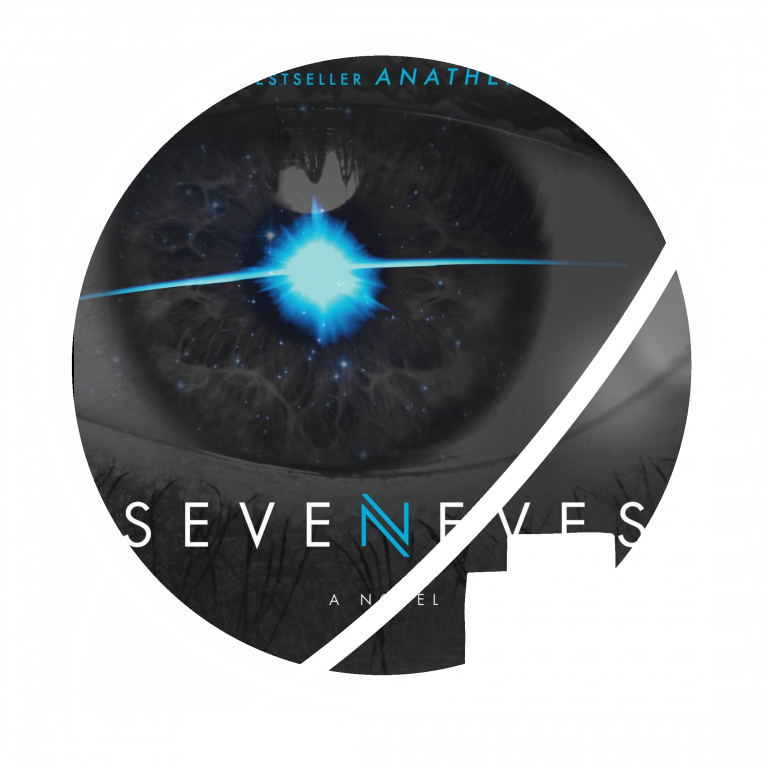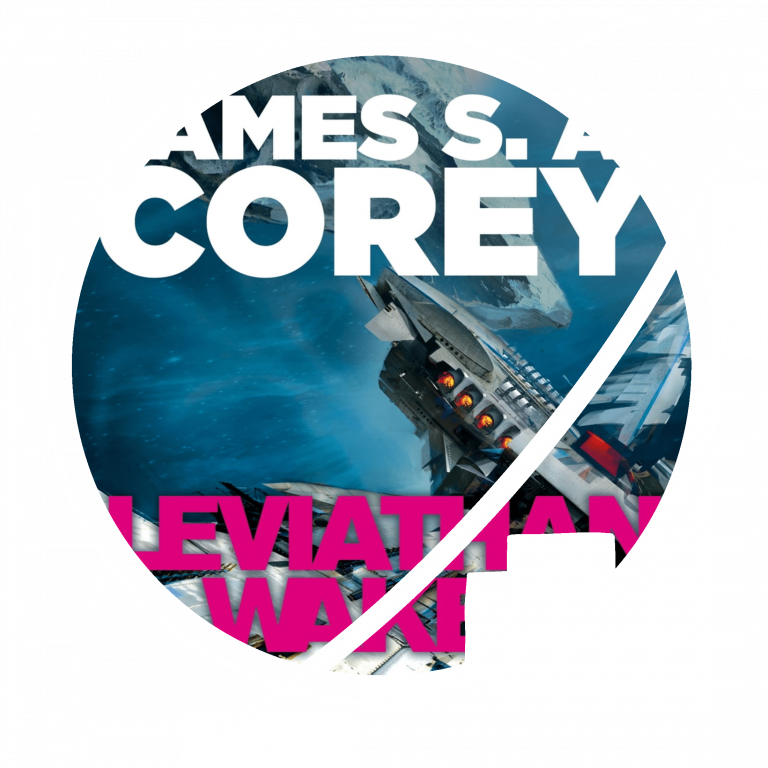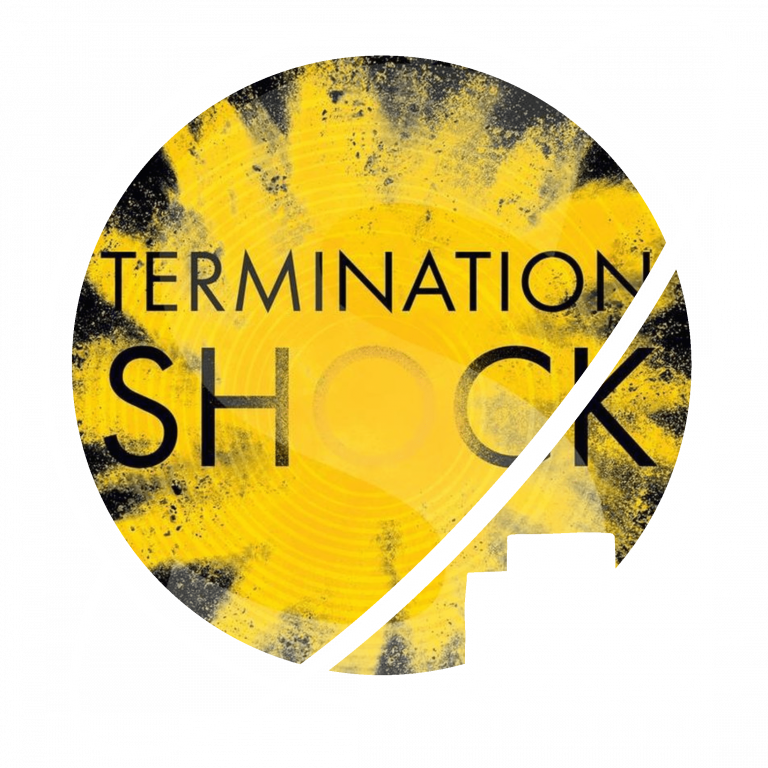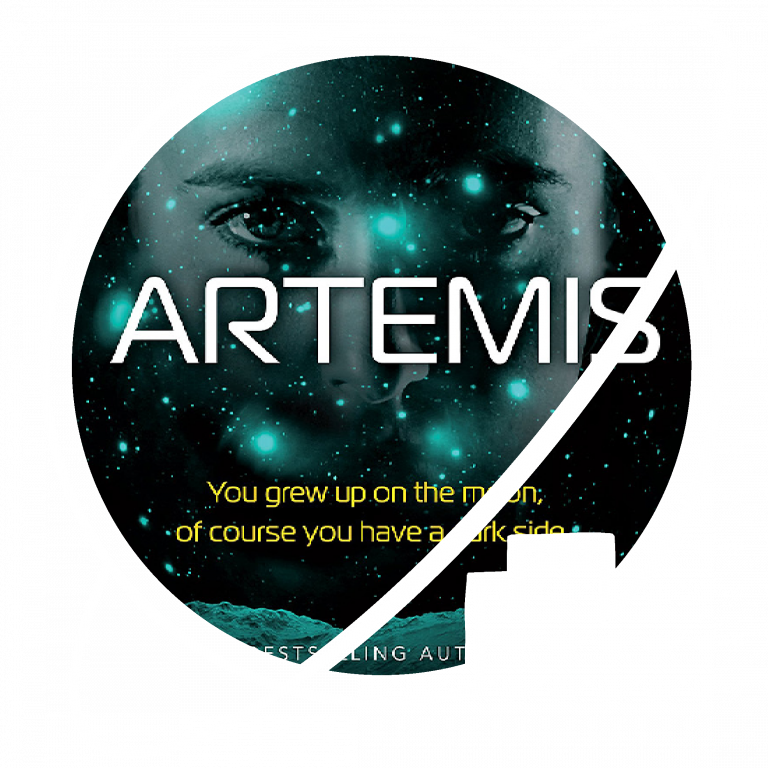- Book written by Neal Stephenson
- Published 19 May 2015
- Standalone
When the moon is struck by an asteroid and disintegrates, humanity is faced with a hard deadline: evacuate the surface of planet earth and secure the means to survive elsewhere for hundreds of generations, or go extinct in the firestorm of moon debris burning up in the atmosphere that will immolate the land and evaporate the oceans. Seveneves is the story of humanity trying their best to navigate the engineering of survival in orbit and the politics of the apocalypse, with a fascinating encore offering a vista further into the future.


Listened to the audiobook with Peter Brooke – decent narrator.
Seveneves is the second book by Stephenson I listened to, and I am glad I gave him a second chance, because Seveneves turned my opinion on Stephenson around 180 degrees, and now I’m definitely interested in picking up another one of his books.
I remember when I uploaded my lacklustre review of Termination Shock to Reddit, one of the comments I got was “Bro, do you even Neal?”, which was a reference to my nitpicks about the many tangents in that book that are, as it turns out, a signature element of Stephenson’s prose. Interestingly, Seveneves is as full of tangents as Termination Shock, but unlike in the latter, the tangents in Seveneves were actually engaging and felt central to the story the book was trying to tell.
This is a good metaphor for the comparison between the two books. Despite the immediately obvious differences, there are a lot of similarities between them: the premise of humanity facing an unprecedented disaster, traditional politics throwing sand in the wheels of a solution, go-getters (or even especially, go-getter billionaires) risking everything to break the stalemate and ‘fix things’, long tangents in the writing describing technologies or science fiction ideas, the story starting off plausible and getting progressively more imaginative towards the end. The list goes on.
When people commented I seemed to be ragging on Stephenson’s style more than on Termination Shock in particular, they might have been right. Interestingly, however, all those quirks of style worked for me in Seveneves, in exactly they way they did not in Termination Shock. Perhaps I am just more fascinated with orbital mechanics than the biology of feral hogs in Texas, but every time Seveneves went on a tangent, I was more than happy to sit through it.
Perhaps the core difference between the two books is in the pacing. Seveneves posits its premise and never lets off from there, time jumping whenever necessary to get to the juiciest bits of the story and cover as much time as possible. And while there are several characters, their storylines are intertwined throughout the book (unlike is the case in Termination Shock).
One final thing that deserves mention is the final time jump. I won’t spoil too much, but it takes the story in a completely new direction and – I can hardly believe I am saying this, since I often think the opposite – I would have loved for Stephenson to have spent more time and pages there, perhaps to have split the final section off and to have developed it into a full blown sequel. I loved how the final section of the book almost changed the book’s genre and gave completely new meaning to the first half. It is something I now wish would be more common in science fiction.
In conclusion, Seveneves is a great apocalyptic near future hard sci-fi book that I would heartily recommend. Unlike Termination Shock, the imaginative ideas are executed a lot better, and the pacing kept me listening throughout the day and thinking about it all the time.
Also, I hope Seveneves gets made into a movie, no, two movies sometime soon!








